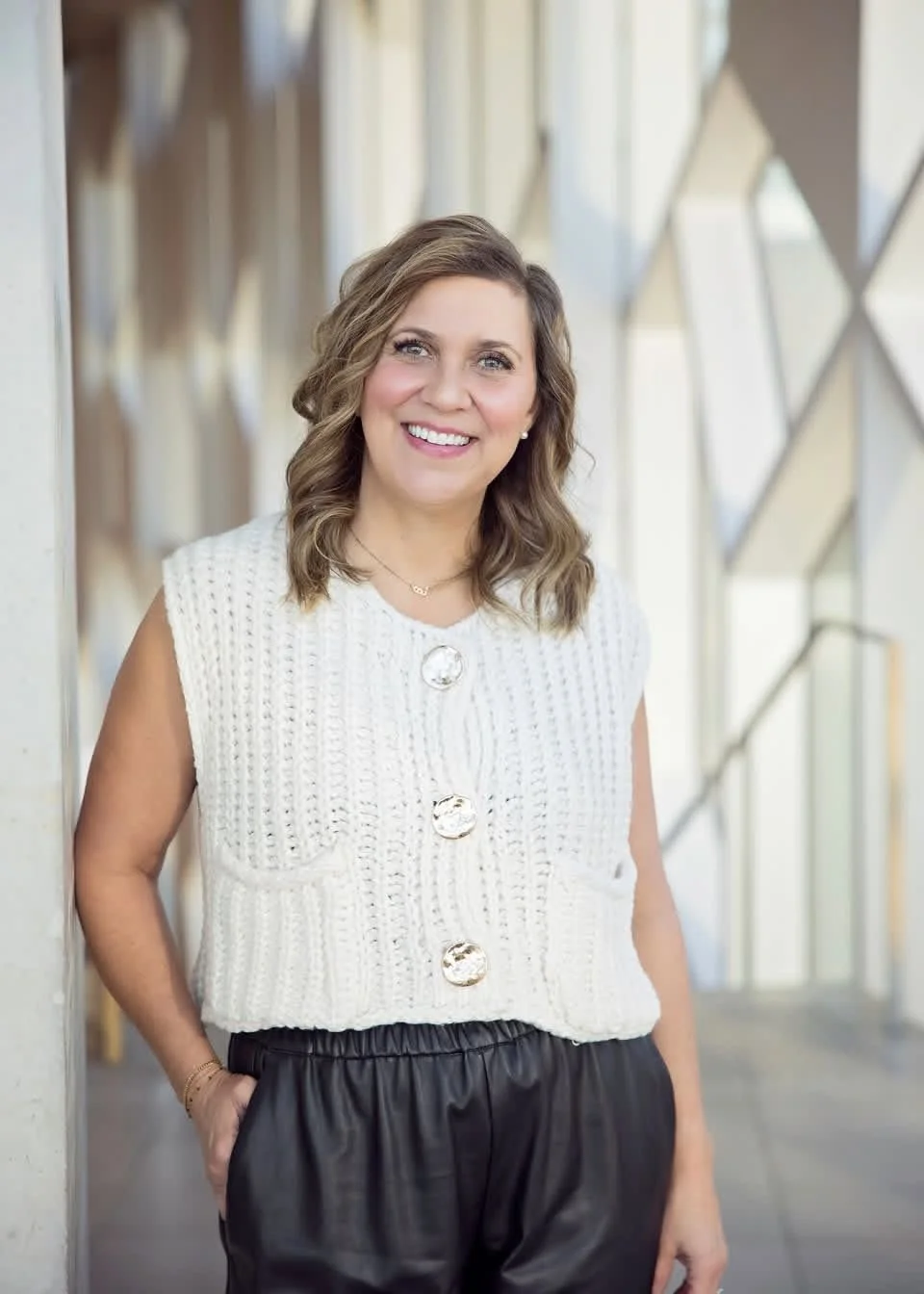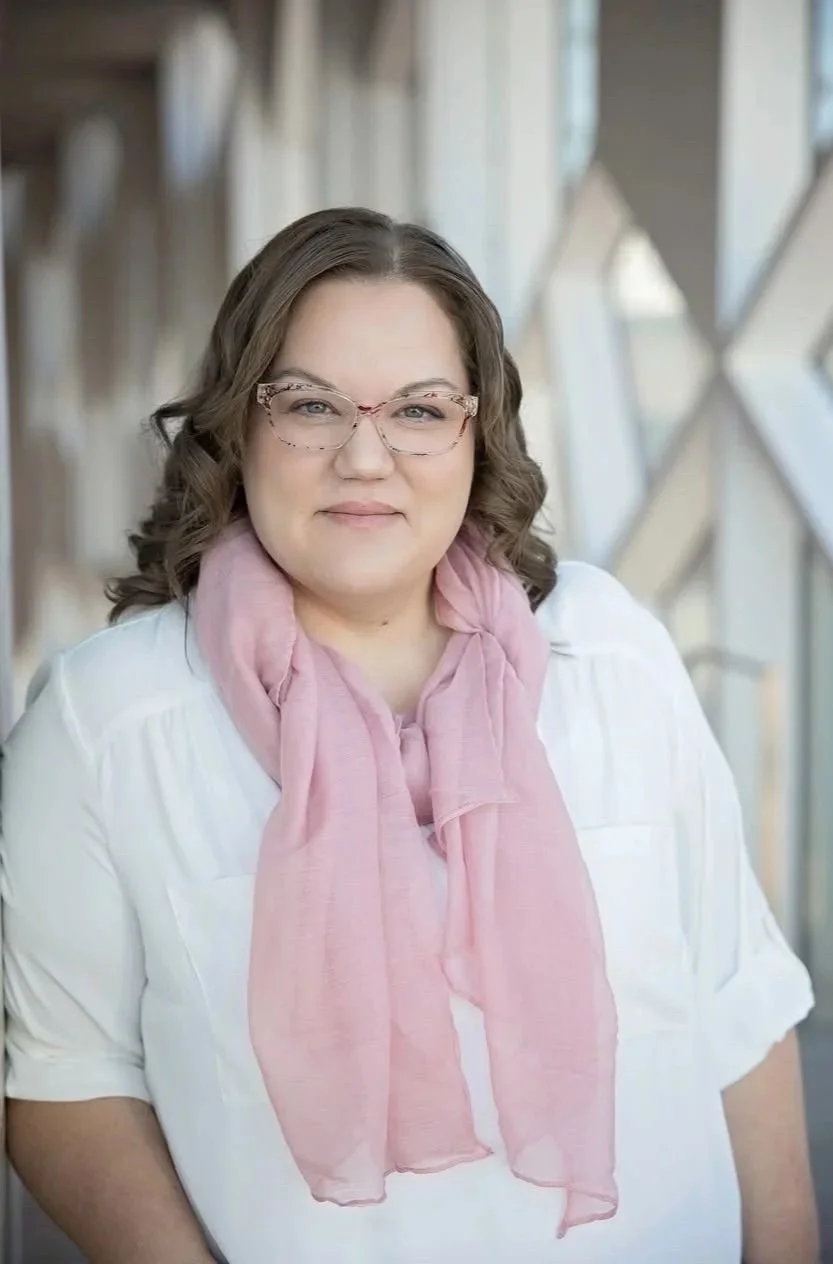CBT Therapy Calgary – Best Cognitive Behavioral Therapy
Cognitive Behavioural Therapy
Takeaway: Struggling with anxiety, depression, or stress? Our licensed CBT therapists in Calgary provide evidence-based cognitive behavioral therapy to help you regain control and learn new ways to approach life.
Cognitive Behavioural Therapy (CBT) is a highly effective and evidence-based approach to treating a wide range of mental health concerns.
Cognitive behavioural therapy (CBT) is an effective treatment that can help manage everyday life problems by changing the way you think and behave to identify and challenge unhelpful thoughts and beliefs, called cognitive distortions.
Therapists will use psychotherapy to challenge cognitive distortions and unpack big emotions to help people challenge their perspective and focus on managing their symptoms and life transitions while challenging negative thought patterns and building coping skills.
Book your free 30-minute consulation today to learn more about CBT therapy Calgary.
7 Best Calgary CBT Therapists
1. Shelly Qualtieri
With over 30 years of experience, Shelly provides evidence-based therapy specializing in suicidal ideation and self-harm. Her approach combines practical, bite-sized strategies with deep compassion, helping clients understand root causes while building resilience. She creates safe spaces for healing through CBT, somatic therapies, and mindfulness-based interventions.
Credentials: Alberta Registered Social Worker (RSW)
Clientele: Teens 13+, adults, couples
Location: 4503 Brisebois Dr NW, Calgary, AB T2L 2G3, Canada
Virtual therapy?: Yes
2. Laura Laidlaw, MA, RPC
Laura brings seven years of clinical experience, including residential treatment centre work, to her therapeutic practice. She specializes in CBT therapy for complex PTSD, narcissistic abuse recovery, and eating disorder trauma. Her integrative approach blends evidence-based therapy with deep compassion, helping clients reclaim their voice and rebuild confidence through personalized healing strategies.
Credentials: Licensed Professional Canadian Counsellor
Clientele: Children 6+, adolescents 12+, adults, couples
Location: 4503 Brisebois Dr NW, Calgary, AB T2L 2G3, Canada
Virtual therapy?: Yes
3. Kim Noll
Kim specializes in cbt therapy with a unique focus on post-concussion support and pregnancy/infant loss grief. Her compassionate approach tailors therapeutic techniques to each individual's evolving needs, believing everyone has the innate strength to navigate life's unexpected turns. She emphasizes safety, resilience, and empowerment through evidence-based interventions.
Credentials: Registered Provisional Psychologist
Clientele: Adolescents 12+, adults
Location: 4503 Brisebois Dr NW, Calgary, AB T2L 2G3, Canada
Virtual therapy?: Yes
4. Lorena Koenig, MSW
Lorena integrates trauma-informed care with a holistic wellness approach, addressing mental, physical, and emotional health simultaneously. Her evidence-based methods, including CBT, and Accelerated Resolution Therapy, help clients process trauma while building lasting change. She emphasizes empowering clients to take charge of their healing journey through strong therapeutic relationships.
Credentials: Registered Social Worker
Clientele: Teens 16+, adults
Virtual therapy?: Yes
5. Marizabel Forno
Marizabel offers specialized care for athletes, individuals with acquired brain injuries, and those with emotional dysregulation. Her person-centred, evidence-based approach combines traditional therapy approaches like CBT with sports psychology principles. She helps clients build mental resilience and emotional regulation skills while addressing trauma's impact on performance and identity.
Credentials: Registered Provisional Psychologist, Provisional Sports Psychologist
Clientele: Children 5+, adolescents 12+, adults, families, couples
Location: 4503 Brisebois Dr NW, Calgary, AB T2L 2G3, Canada
Virtual therapy?: Yes
6. Adrianna Rabeda-Kowalczak
Adrianna combines her neuropsychology background with cognitive behavioural therapy to help people navigate life's challenges. Her strength-based, solution-focused approach emphasizes self-compassion and future-oriented healing. She creates authentic, judgment-free spaces where clients can process trauma while building practical resilience tools for meaningful change.
Credentials: Registered Provisional Psychologist
Clientele: Adults
Location: 4503 Brisebois Dr NW, Calgary, AB T2L 2G3, Canada
Virtual therapy?: Yes
7. Smyrna Gonzalez
Smyrna Gonzalez is a Registered Provisional Psychologist with experience helping youth, adults, and couples through change-oriented therapy designed to promote empowerment when facing life's challenges.She makes an excellent Calgary CBT therapist because she deeply understands the vulnerability that comes with seeking help and sharing personal thoughts and feelings, approaching each client with honor and excitement to create goals as unique as they are.
Credentials: Registered Provisional Psychologist
Clientele: Youth 13+, adults, couples
Location: 4503 Brisebois Dr NW, Calgary, AB T2L 2G3, Canada
Virtual therapy?: Yes
How does cognitive behavioural therapy work?
CBT works by examining and changing unhelpful cognitions (i.e., thoughts, beliefs, or assumptions) a person has that may be connected to a presenting problem.
CBT works to identify and change maladaptive behaviours that could be contributing to or maintaining a problem. Cognitive-behavioural therapy (CBT) typically incorporates the following key elements:
Cognitive Restructuring: Identifying and challenging negative thought patterns and irrational beliefs that contribute to anxiety.
Replacing distorted thoughts with more realistic and positive ones.
Behavioural activation: Encouraging individuals to engage in positive and fulfilling activities to counteract avoidance behaviours linked to anxiety. Promoting behavioural changes that contribute to improved mood and well-being.
Exposure Therapy: gradual and controlled exposure to anxiety-inducing situations or stimuli. Helping individuals confront and overcome their fears, reducing avoidance behaviours.
Mindfulness and Relaxation Techniques: Incorporating mindfulness practices to increase present-moment awareness and reduce excessive worry. Teaching relaxation techniques to manage physical symptoms of anxiety, such as deep breathing or progressive muscle relaxation.
Homework Assignments: Assigning tasks for individuals to practice and implement therapeutic strategies between sessions. Reinforcing the application of learned skills in real-life situations.
Problem-Solving Skills: Teaching effective problem-solving techniques to address life stressors and challenges contributing to anxiety. Enhancing adaptive coping mechanisms for handling difficult situations.
Goal Setting: Collaboratively setting realistic and achievable goals related to anxiety management and overall well-being. Monitoring progress toward these goals throughout the therapy process.
Self-monitoring: encouraging individuals to track their thoughts, emotions, and behaviours related to anxiety. Increasing self-awareness and identifying patterns that can be addressed in therapy.
These elements are tailored to each individual's specific needs, making CBT a versatile and personalized therapeutic approach. The goal is to empower individuals with the skills and tools necessary to manage anxiety effectively and promote lasting positive change.
Connect and learn more here.
What mental health concerns does cognitive behavioural therapy treat?
CBT is a structured, time-limited, problem-focused, and goal-oriented form of psychotherapy. Evidence suggests that it is particularly effective in treating anxiety and depression. We will explore a few mental health concerns that CBT therapy can target.
Primary Conditions We Treat:
Anxiety Disorders: CBT targets anxious thought patterns, teaching practical strategies to manage symptoms and promote resilience in conditions like generalized anxiety disorder and panic disorder.
Mood Disorders: By addressing negative thought cycles and promoting positive behavioural changes, CBT is effective in managing the symptoms of major depressive disorder and bipolar disorder.
Eating Disorders: CBT helps individuals challenge distorted thoughts about body image and food, fostering healthier attitudes and behaviours in Anorexia Nervosa, Bulimia Nervosa, and Binge-Eating Disorder.
Stress-Related Disorders: By focusing on coping mechanisms and stress reduction, CBT assists in managing the symptoms of adjustment disorders and acute stress disorders.
Sleep Disorders: CBT for insomnia involves addressing cognitive factors affecting sleep and implementing behavioural changes for improved sleep hygiene.
Substance Use Disorders: Integrated into substance abuse treatment, CBT targets the thoughts and behaviours associated with addiction, aiding in recovery.
Personality Disorders: CBT helps individuals with borderline personality disorders develop healthier coping strategies, improved interpersonal skills, and emotional regulation.
Psychotic Disorders: While not a primary treatment, CBT may be used as an adjunct to manage distressing symptoms in conditions like schizophrenia.
Chronic Pain and Illness: CBT assists individuals in adapting to the psychological impact of chronic health conditions, promoting better coping mechanisms.
ADHD: CBT for ADHD focuses on time management, organizational skills, and behaviour modification to improve daily functioning and reduce symptoms.
Anger Management: CBT techniques help individuals identify and modify patterns of anger, fostering healthier responses and improved interpersonal relationships.
Relationship Issues: CBT addresses dysfunctional thought patterns and behaviours, enhancing communication and coping strategies to improve relationships.
Using evidence-based and goal-oriented approaches, CBT empowers individuals to challenge and change negative patterns associated with various mental health concerns, promoting lasting positive change and improved well-being. Our therapists can support you.
Who we help in our practice
Our goal is to provide a safe and supportive environment where clients can explore their thoughts, feelings, and behaviours and develop strategies for coping and achieving their goals.
Adults:
CBT helps adults by providing practical tools to manage stress, anxiety, and depression. It assists in identifying and challenging negative thought patterns, fostering resilience, and promoting positive behavioural changes for improved overall mental well-being.
Teens:
For teens, CBT is instrumental in addressing mood disorders, self-esteem issues, and stressors related to academic or social pressures. It equips them with coping skills, teaches emotion regulation, and supports the development of a healthier mindset.
Children:
CBT assists children in managing behavioural issues, anxiety, and adjustment difficulties. Through age-appropriate techniques, it helps children develop effective coping strategies, social skills, and emotional resilience.
Couples:
CBT is beneficial for couples facing communication challenges, conflicts, or relationship distress. It provides tools for effective communication, conflict resolution, and the identification and modification of negative relationship patterns.
Families:
CBT for families focuses on improving communication, addressing conflicts, and building a supportive family dynamic. It helps family members understand and adapt to each other's needs, fostering a healthier and more connected family environment.
Those dealing with infertility or pregnancy loss:
CBT assists individuals and couples in navigating the emotional challenges of infertility or pregnancy loss. It provides a supportive space to process grief, manage anxiety, and develop coping strategies, promoting emotional well-being during a difficult journey.
First Responders:
CBT supports first responders by addressing the unique stressors of their professions. It equips them with coping strategies for trauma exposure, stress management, and resilience-building, enhancing their mental well-being in high-pressure situations.
Athletes:
For athletes, CBT enhances performance by addressing performance anxiety, self-doubt, and goal-setting. It helps athletes develop a positive mindset, manage stress, and cope with the pressures of competition.
CBT therapy in Calgary can help you feel more in control of your life.
CBT focuses on the here-and-now—on the problems that come up in day-to-day life.
Whether it's therapy for yourself, your teen, your family, or as a couple, we believe in supporting you with easily manageable, bite-sized strategies to find your happiness. At Shelly Qualtieri & Associates, we are a team of therapists with CBT training and a variety of other therapies and modalities.
We are here for difficult situations and to help people examine how they make sense of what is happening around them and how these perceptions affect the way they feel and act.
We will provide you with a structured, problem-focused, and goal-oriented approach that teaches strategies and skills and is based on a proactive, shared therapeutic relationship.
We encourage you to schedule a free consultation to get started. We look forward to hearing from you.









